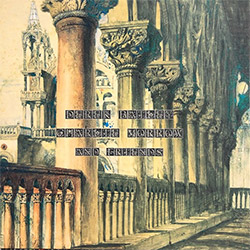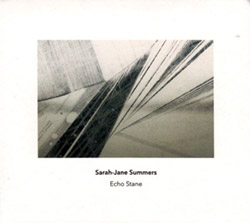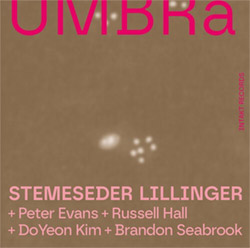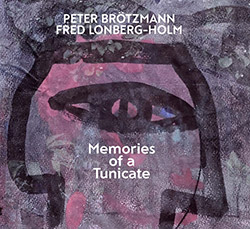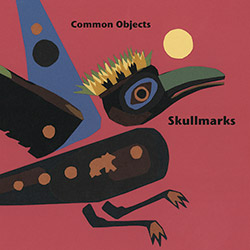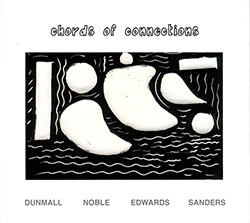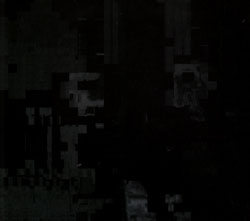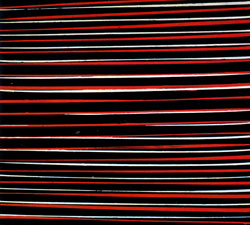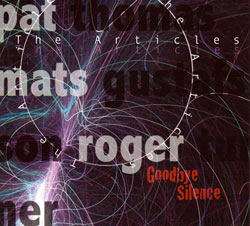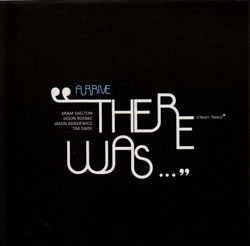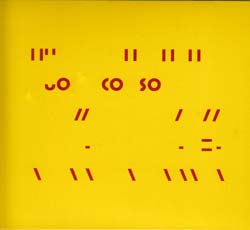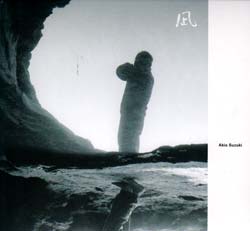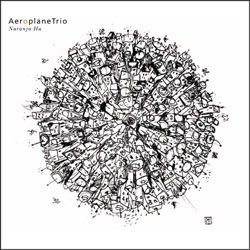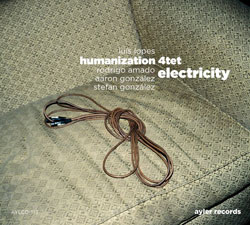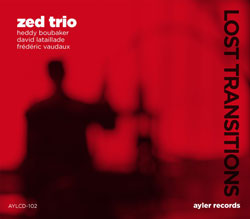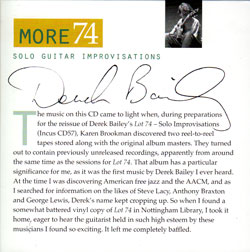
UK free jazz guitar icon in unreleased solo material remastered from the original reel-to-reel recordings recorded in London, 1974, Bailey playing mostly electric guitar.
Out of Stock
Quantity in Basket: None
Log In to use our Wish List
Shipping Weight: 2.00 units
Sample The Album:
Derek Bailey-guitar
Click an artist name above to see in-stock items for that artist.
Label: Incus
Catalog ID: CD60
Squidco Product Code: 13603
Format: CD
Condition: New
Released: 2010
Country: UK
Packaging: Cardboard Gatefold 3 Panels
Recorded in London in 1974, as far as we know.
Previously unreleased recordings, remastered from original reel-to-reel tapes.
"Even for a man who always said that he preferred music in a state of flux, these performances' refusal of any of the traditional means a musician might use to pin down the material he's working with is truly astonishing. The commitment to an approach where, at every moment, any element of the performer's vocabulary could be brought into play places the highest demands on the player's inventiveness and his capacity to construct phrases with distinct individual characters and proportions."-Alex Ward

The Squid's Ear!
Artist Biographies
• Show Bio for Derek Bailey "Derek Bailey (29 January 1930 - 25 December 2005) was an English avant-garde guitarist and leading figure in the free improvisation movement. Bailey was born in Sheffield, England. A third-generation musician, he began playing the guitar at the age of ten, initially studying music with his teacher and Sheffield City organist C. H. C. Biltcliffe, an experience that he did not enjoy, and guitar with his uncle George Wing and John Duarte. As an adult he worked as a guitarist and session musician in clubs, radio, dance hall bands, and so on, playing with many performers including Morecambe and Wise, Gracie Fields, Bob Monkhouse and Kathy Kirby, and on television programs such as Opportunity Knocks. Bailey's earliest foray into 'what could be called free improvised music' was in 1953 with two other guitarists in their shared flat in Glasgow. He was also part of a Sheffield-based trio founded in 1963 with Tony Oxley and Gavin Bryars called "Joseph Holbrooke" (named after the composer, whose work they never actually played). Although originally performing relatively "conventional" modal, harmonic jazz this group became increasingly free in direction. Bailey moved to London in 1966, frequenting the Little Theatre Club run by drummer John Stevens. Here he met many other like-minded musicians, such as saxophonist Evan Parker, trumpet player Kenny Wheeler and double bass player Dave Holland. These players often collaborated under the umbrella name of the Spontaneous Music Ensemble, recording the seminal album Karyobin for Island Records in 1968. In this year Bailey also formed the Music Improvisation Company with Parker, percussionist Jamie Muir and Hugh Davies on homemade electronics, a project that continued until 1971. He was also a member of the Jazz Composer's Orchestra and Iskra 1903, a trio with double-bass player Barry Guy and tromboneist Paul Rutherford that was named after a newspaper published by the Russian revolutionary Vladimir Lenin. In 1970, Bailey founded the record label Incus with Tony Oxley, Evan Parker and Michael Walters. It proved influential as the first musician-owned independent label in the UK. Oxley and Walters left early on; Parker and Bailey continued as co-directors until the mid-1980s, when friction between the men led to Parker's departure. Bailey continued the label with his partner Karen Brookman until his death in 2005[citation needed]. Along with a number of other musicians, Bailey was a co-founder of Musics magazine in 1975. This was described as "an impromental experivisation arts magazine" and circulated through a network of like-minded record shops, arguably becoming one of the most significant jazz publications of the second half of the 1970s, and instrumental in the foundation of the London Musicians Collective. 1976 saw Bailey instigate Company, an ever-changing collection of like-minded improvisors, which at various times has included Anthony Braxton, Tristan Honsinger, Misha Mengelberg, Lol Coxhill, Fred Frith, Steve Beresford, Steve Lacy, Johnny Dyani, Leo Smith, Han Bennink, Eugene Chadbourne, Henry Kaiser, John Zorn, Buckethead and many others. Company Week, an annual week-long free improvisational festival organised by Bailey, ran until 1994. In 1980, he wrote the book Improvisation: Its Nature and Practice. This was adapted by UK's Channel 4 into a four-part TV series in the early '90s, edited and narrated by Bailey. Bailey died in London on Christmas Day, 2005. He had been suffering from motor neurone disease." ^ Hide Bio for Derek Bailey
4/17/2024
Have a better biography or biography source? Please Contact Us so that we can update this biography.
Track Listing:
1. Catford part 1 6:37
2. Catford part 2 9:55
3. Catford part 3 2:52
4. Wrong Number 2:48
5. Provenance Unknown 1 5:43
6. Provenance Unknown 2 5:47
7. Probably part 1 4:27
8. Probably part 2 4:54
9. Probably part 3 14:10
10. Probably part 4 1:56
11. Little Old Acoustic Guitar 1 1:11
12. Little Old Acoustic Guitar 2 0:49
13. I Remember The Early Seventies 4:57
Improvised Music
European Improvisation, Composition and Experimental Forms
Guitarists, &c.
Bailey, Derek
London & UK Improv & Related Scenes
Free Improvisation
Miva Delete Product Category
Search for other titles on the label:
Incus.

